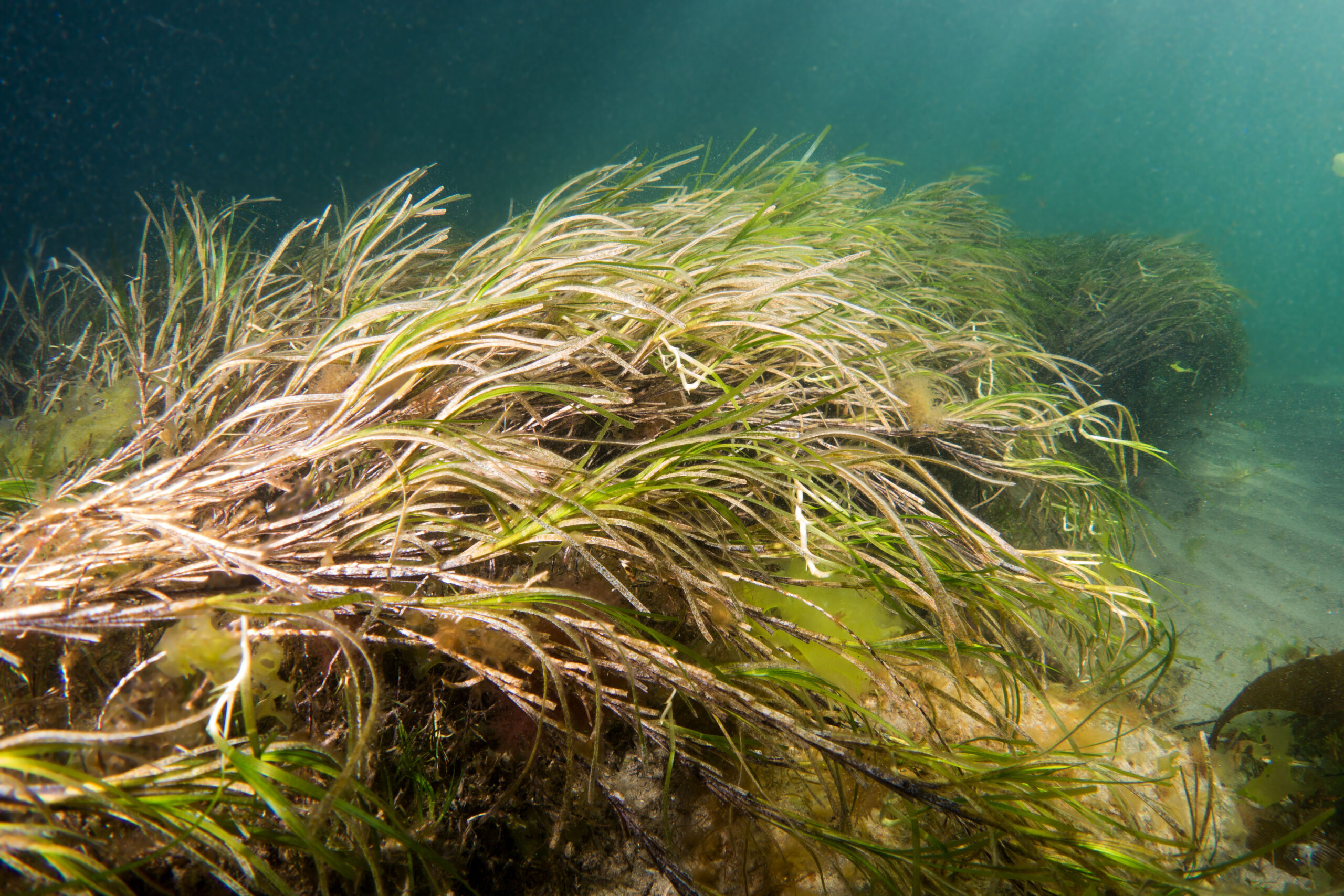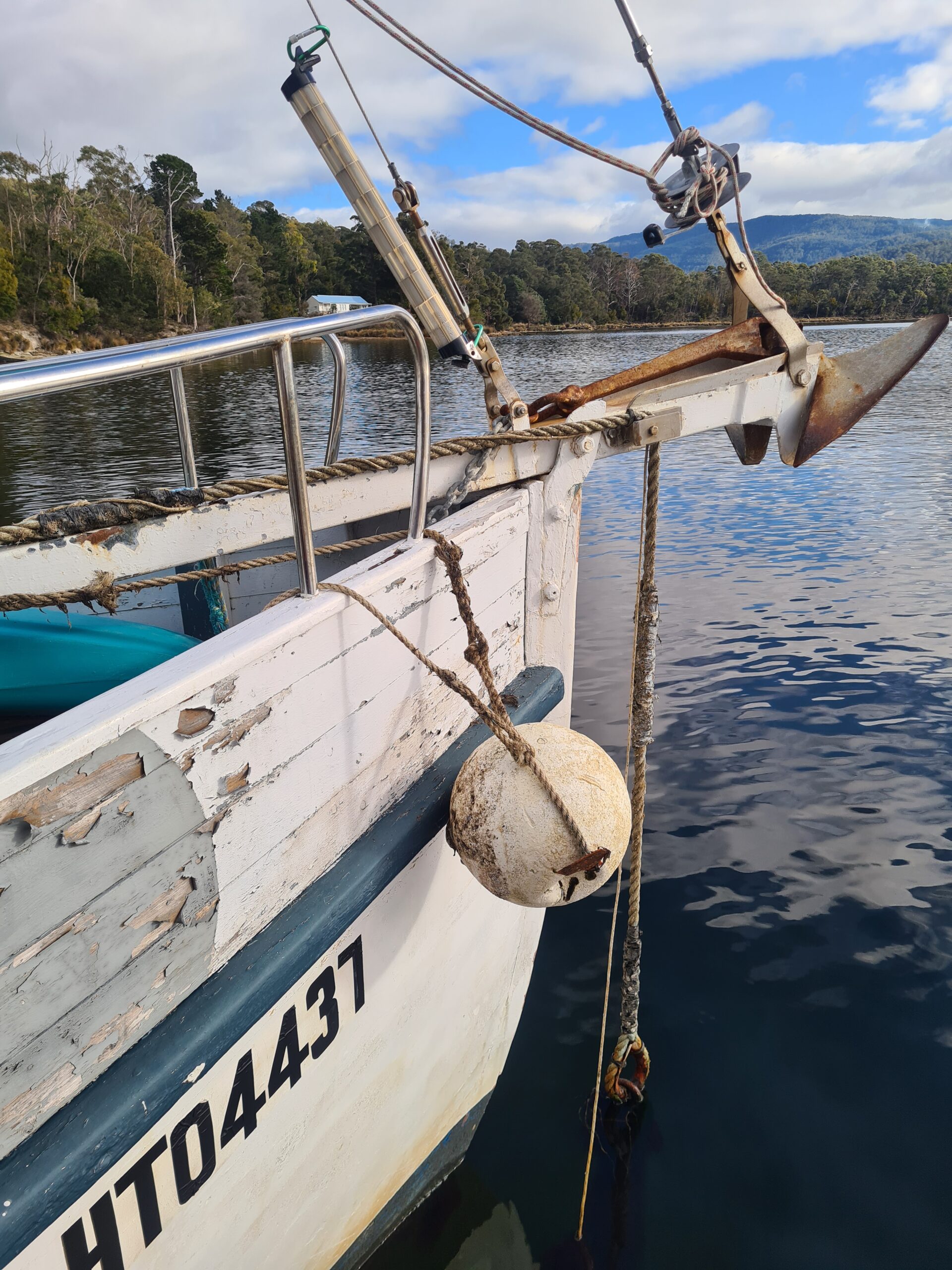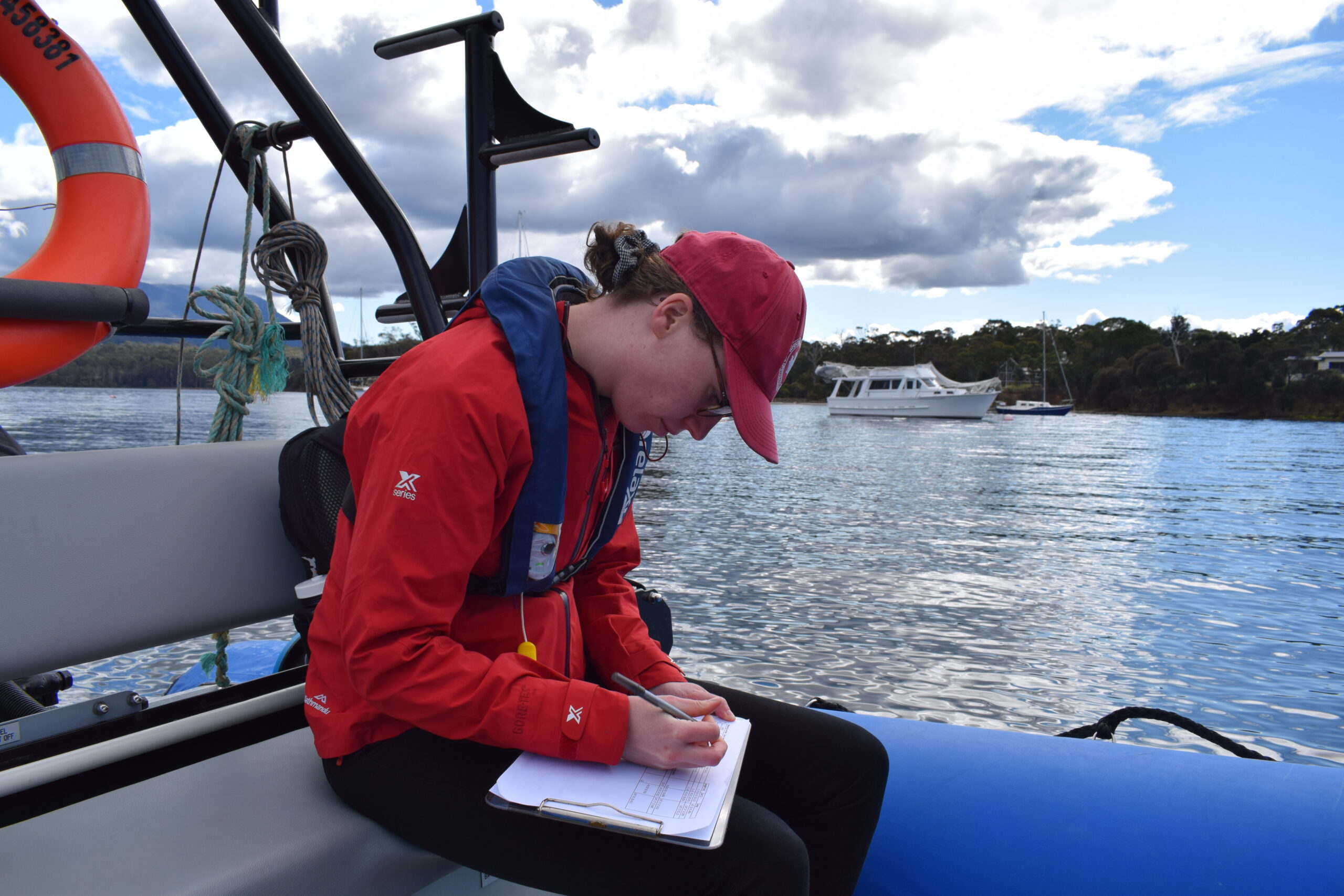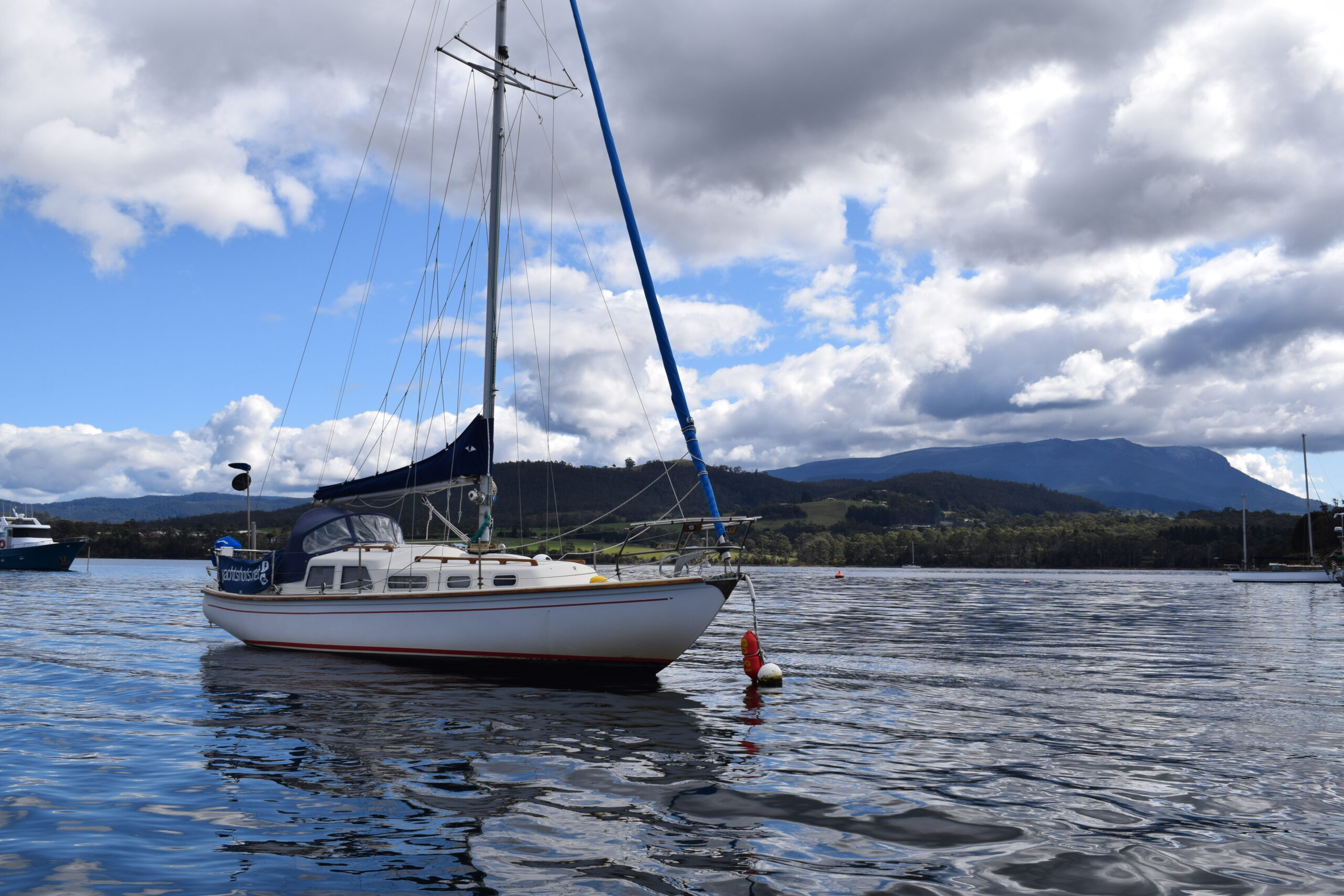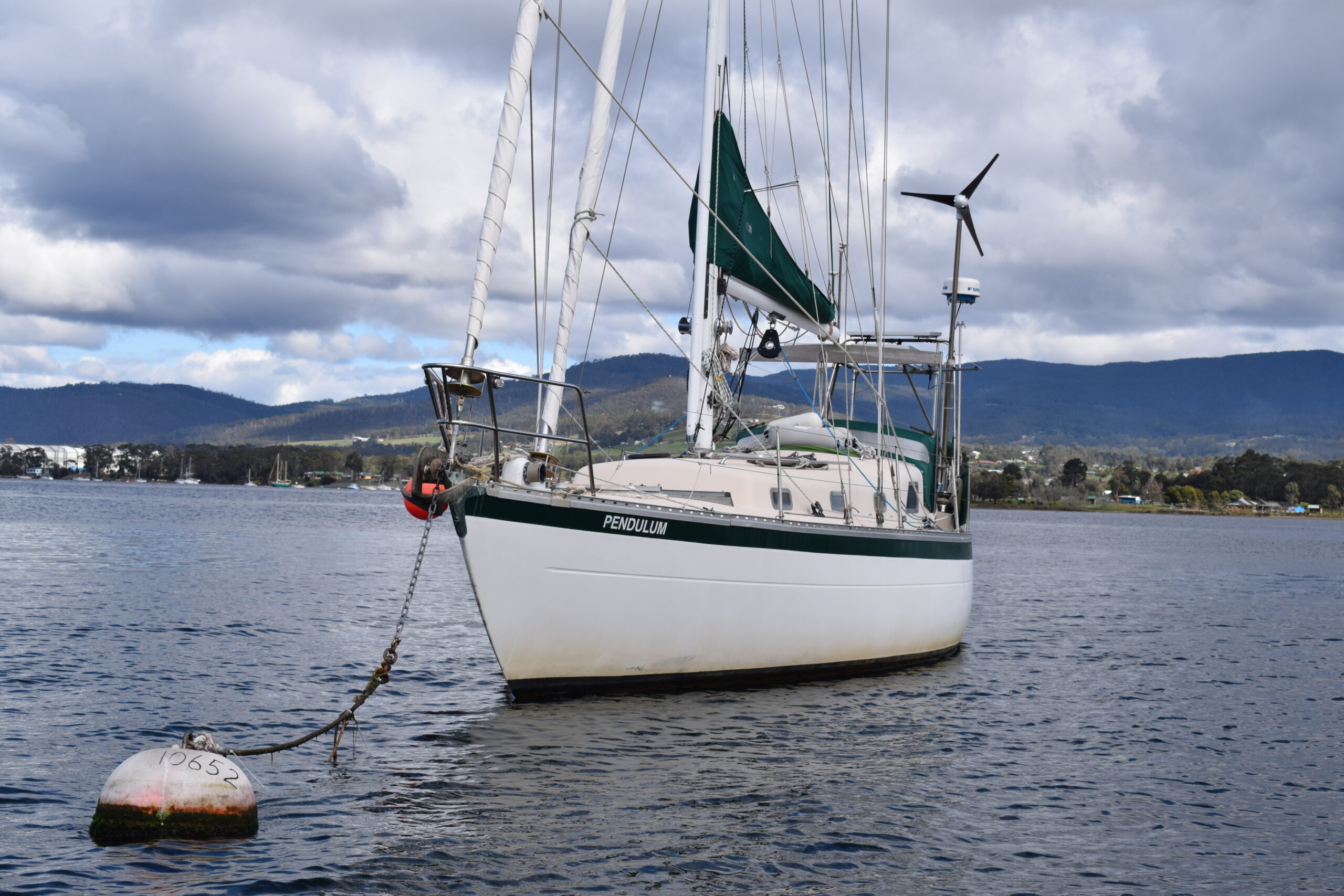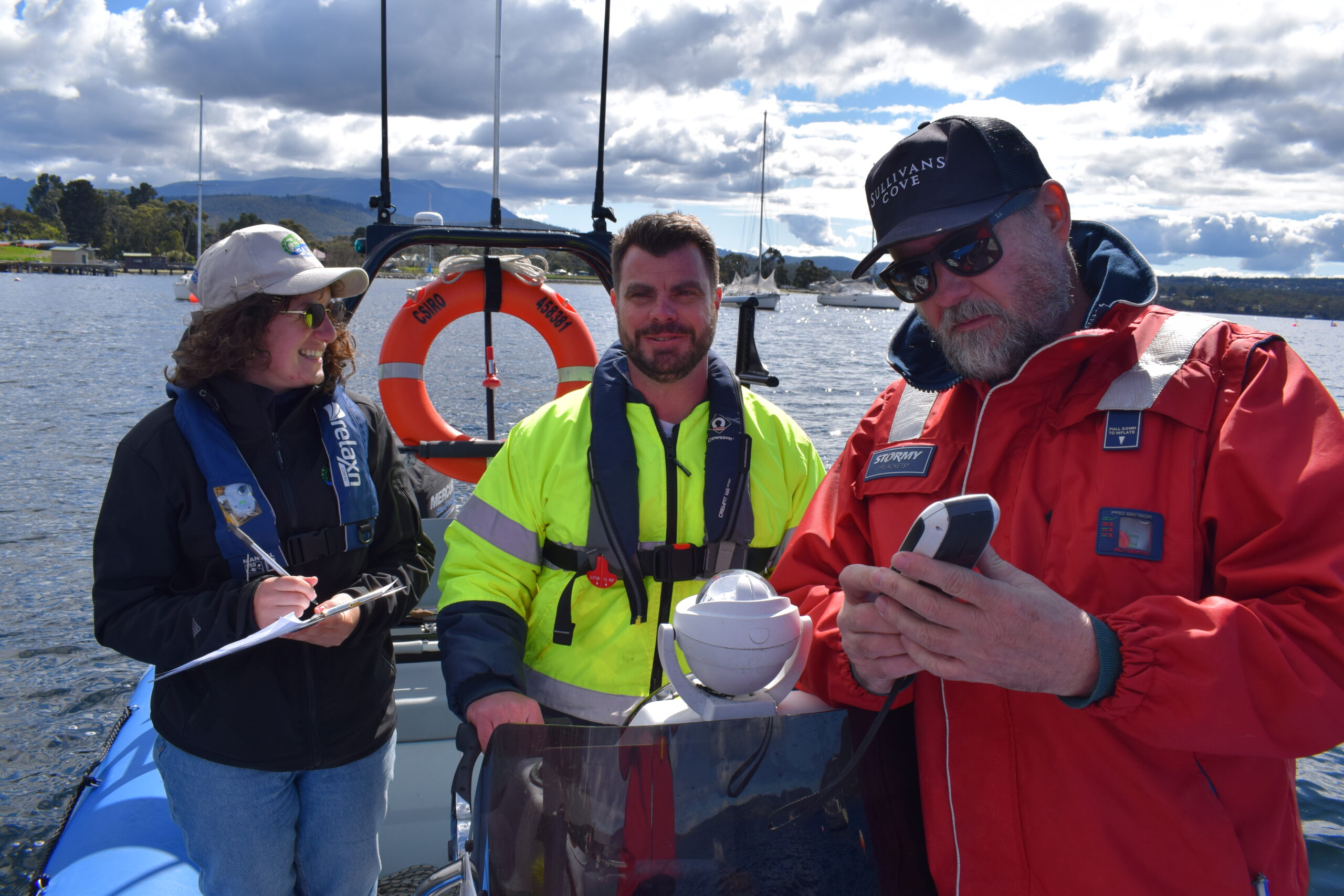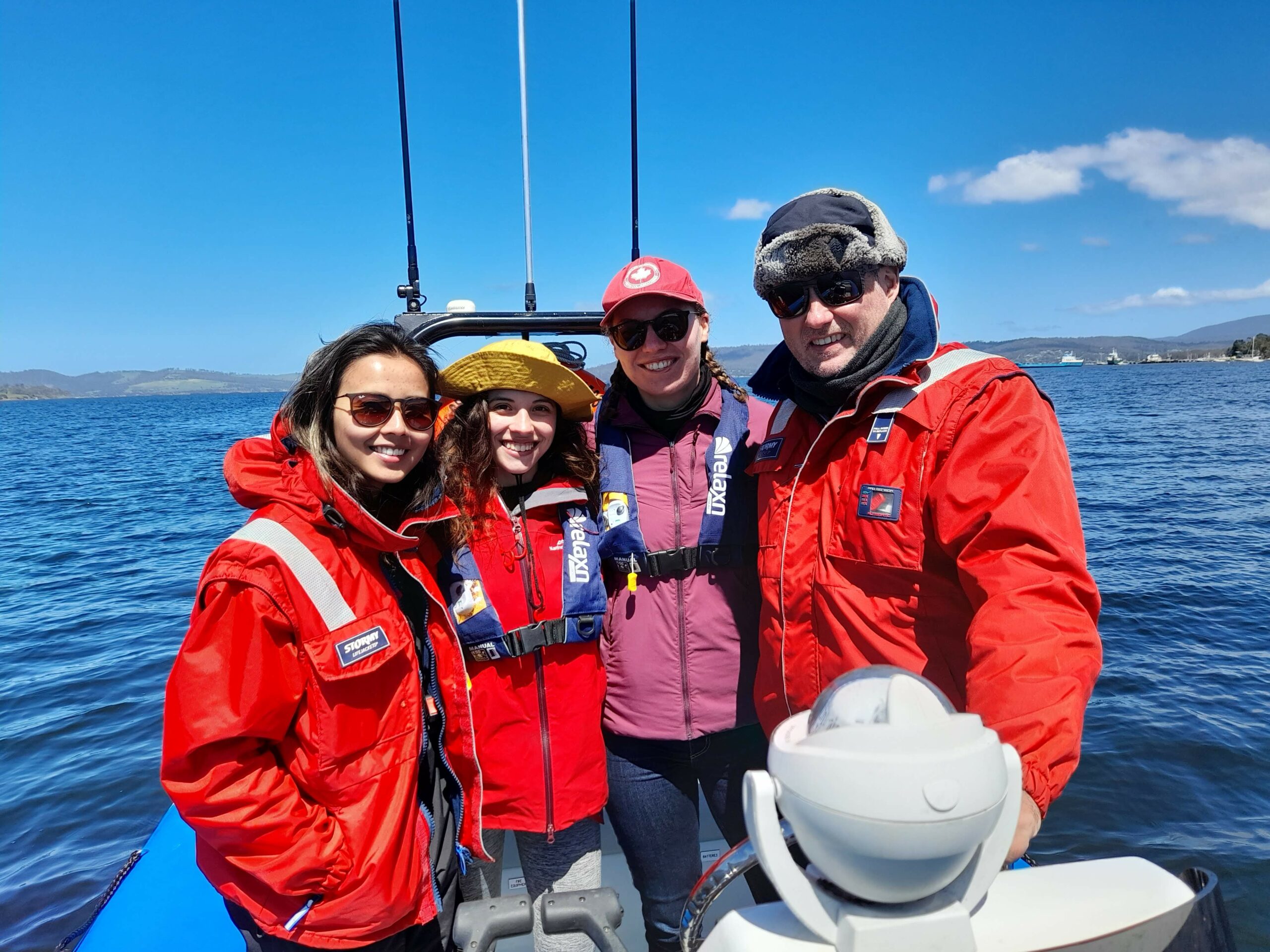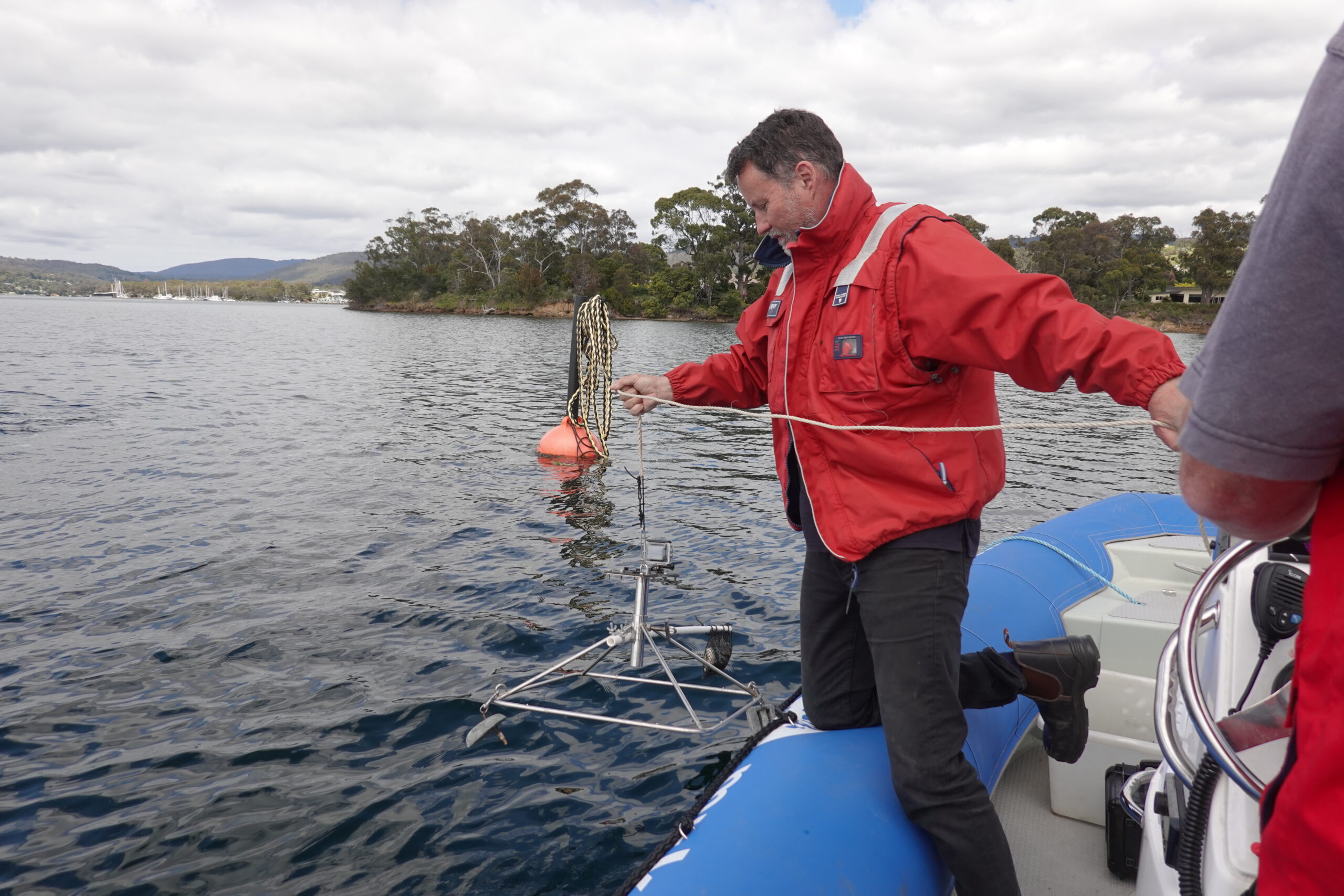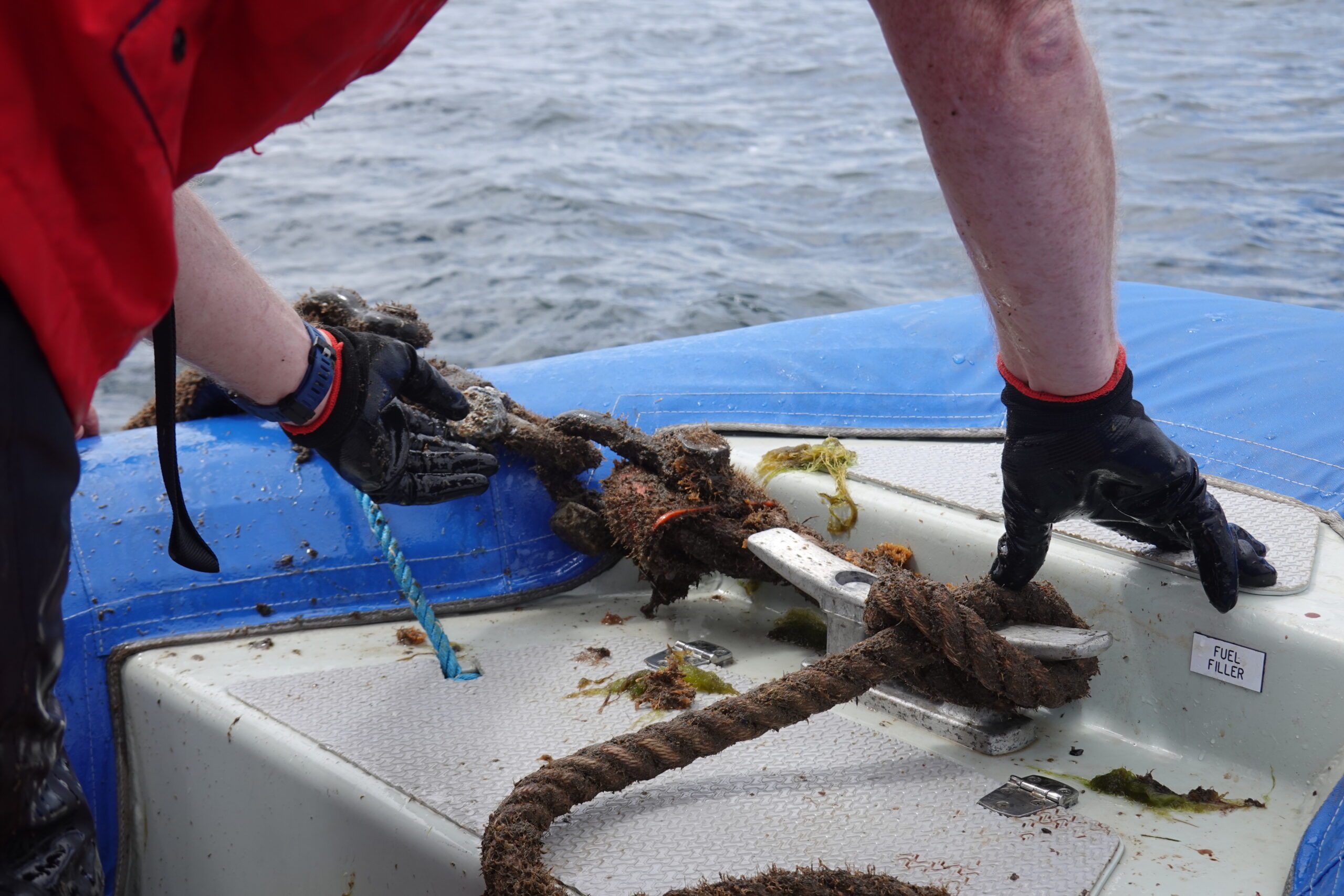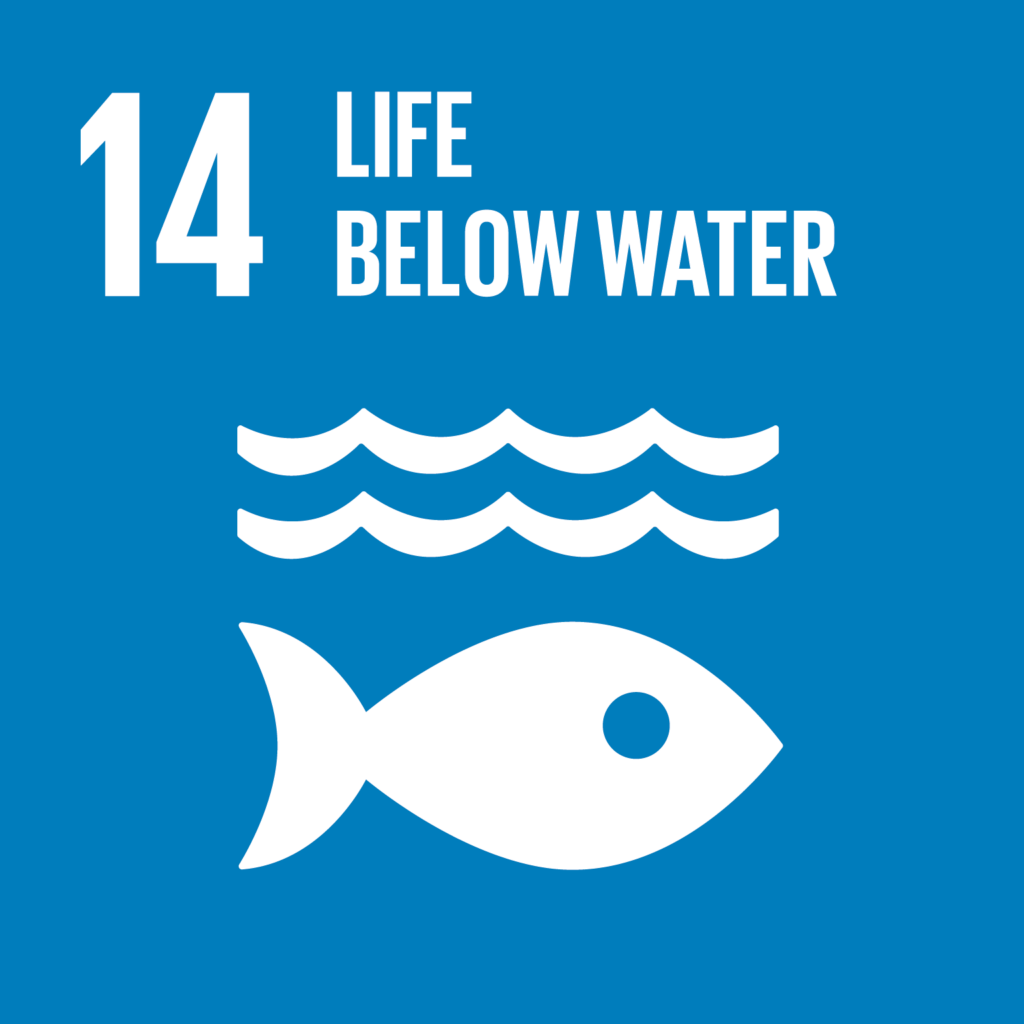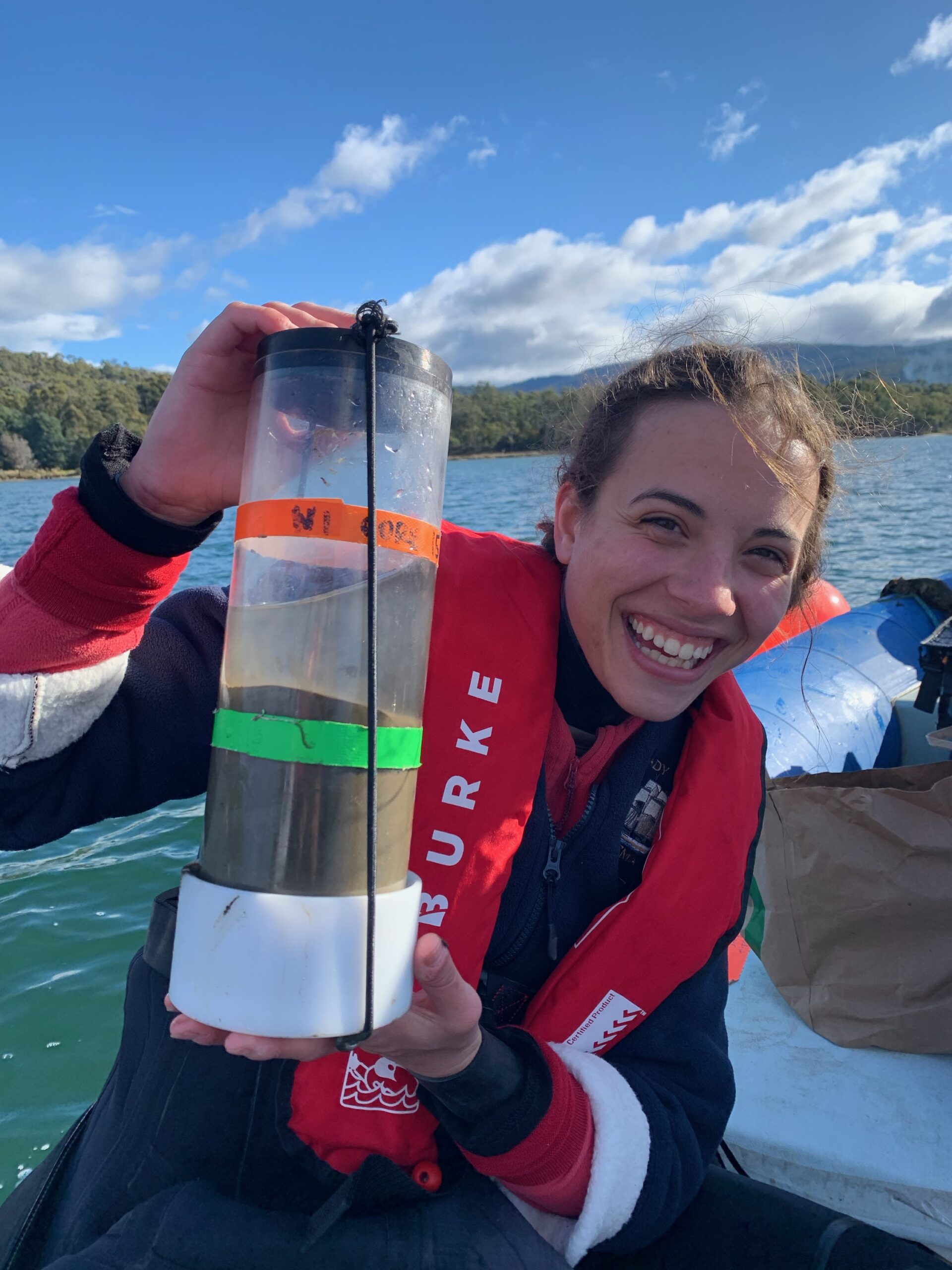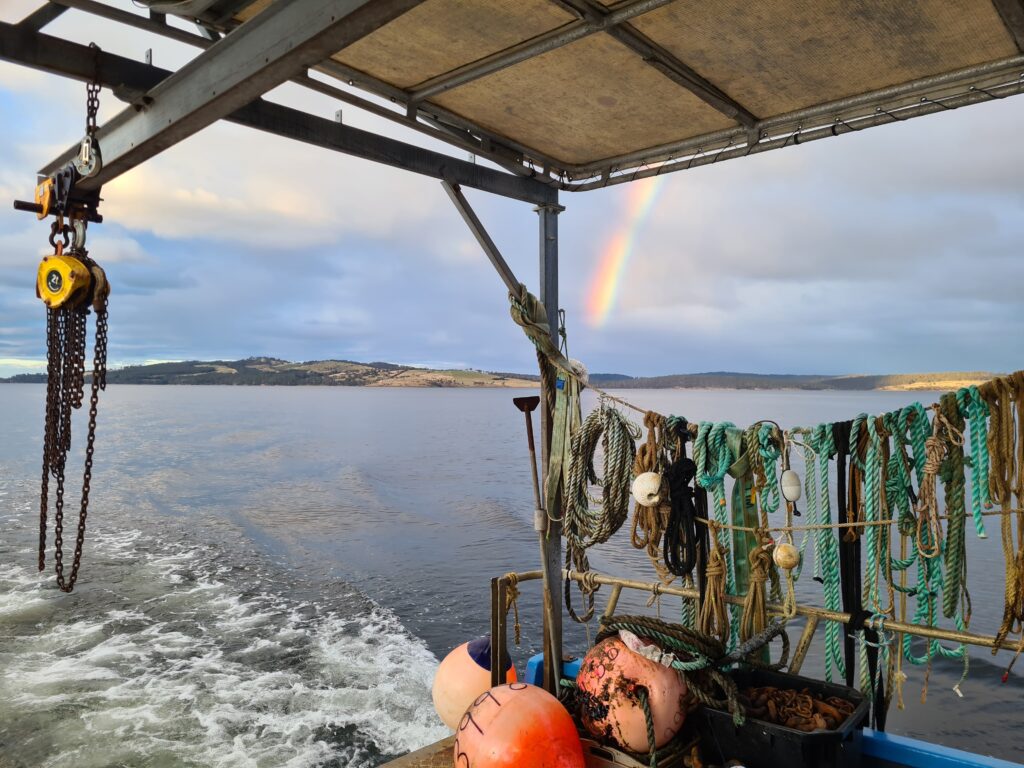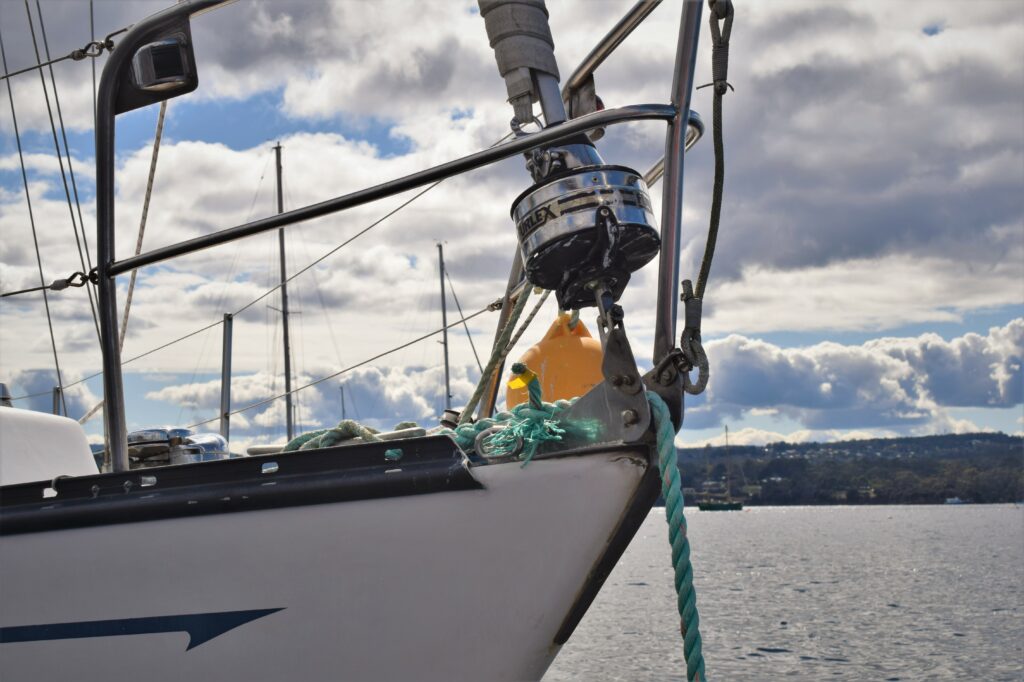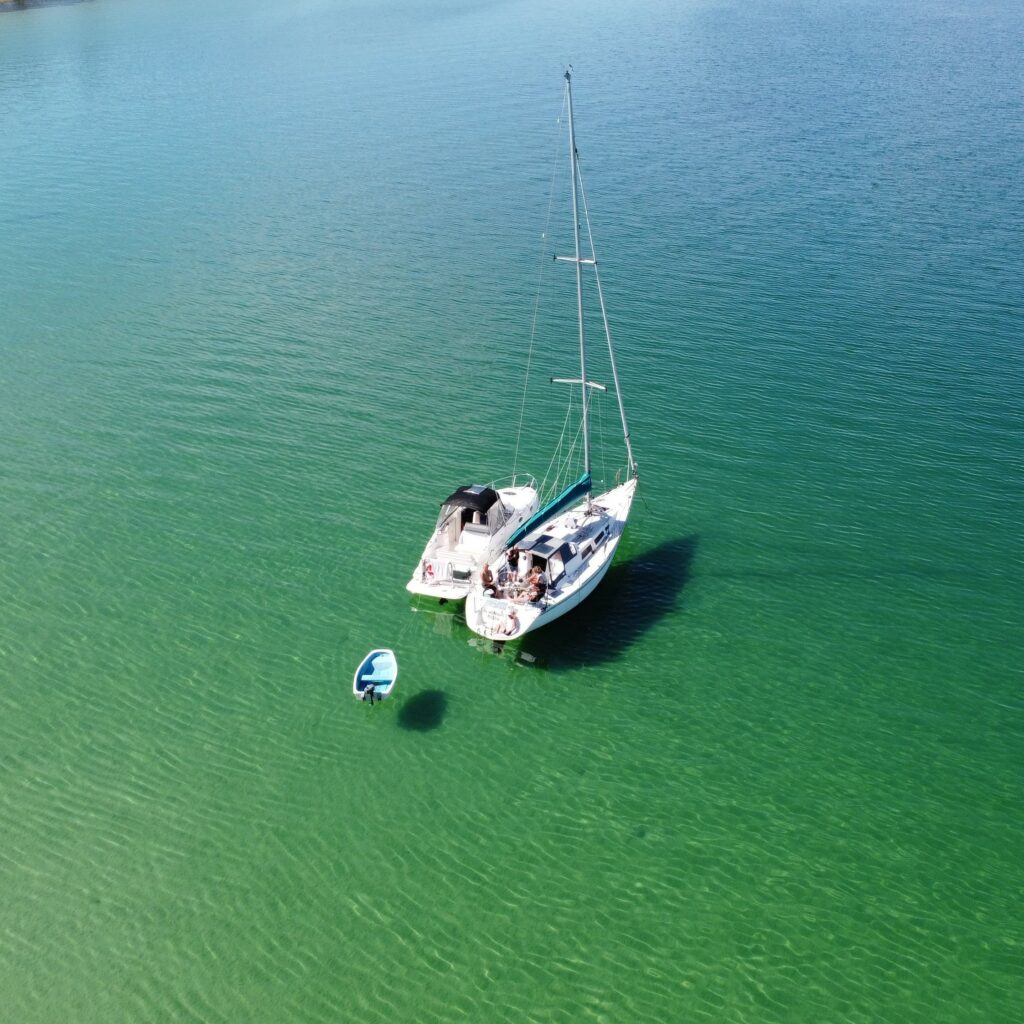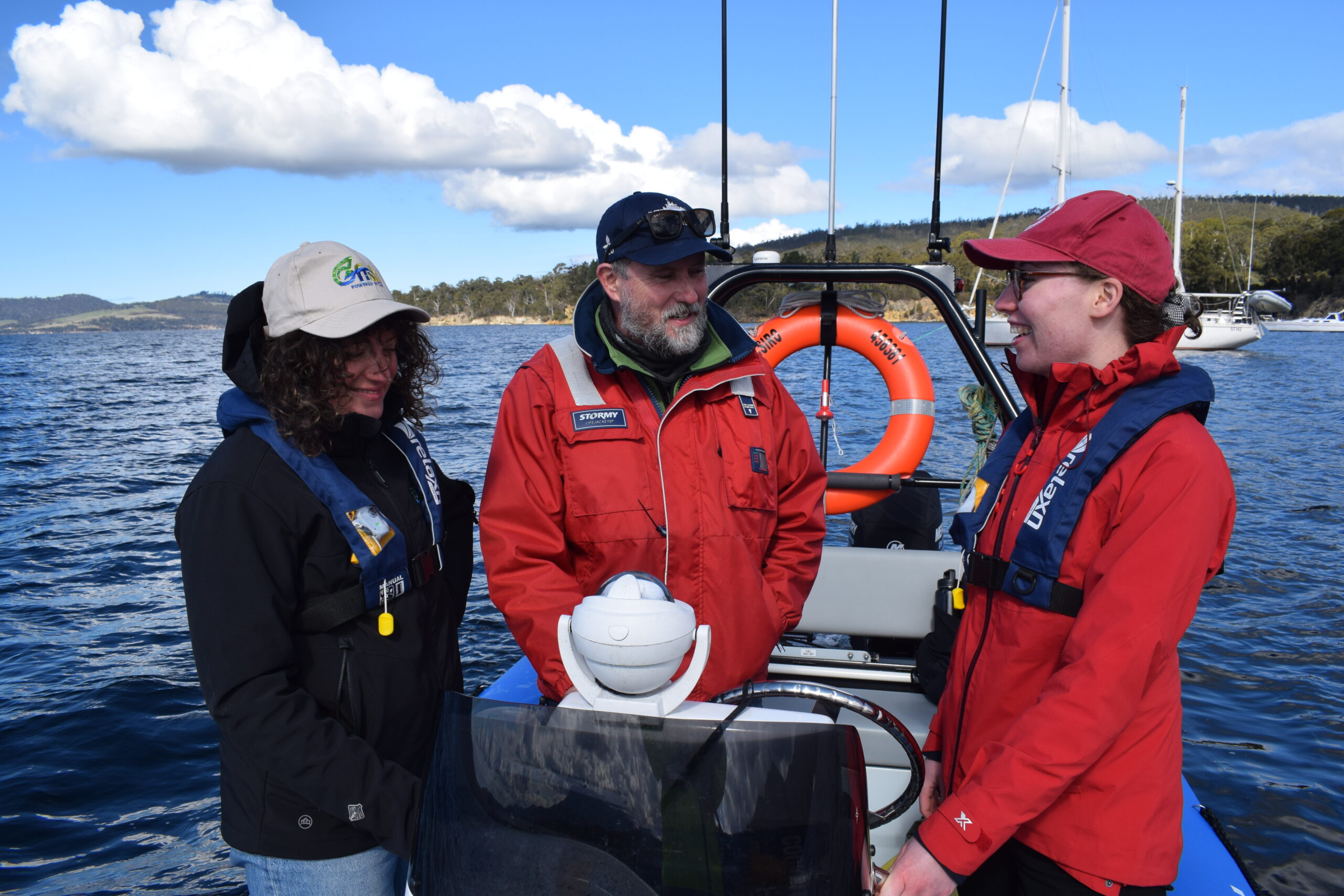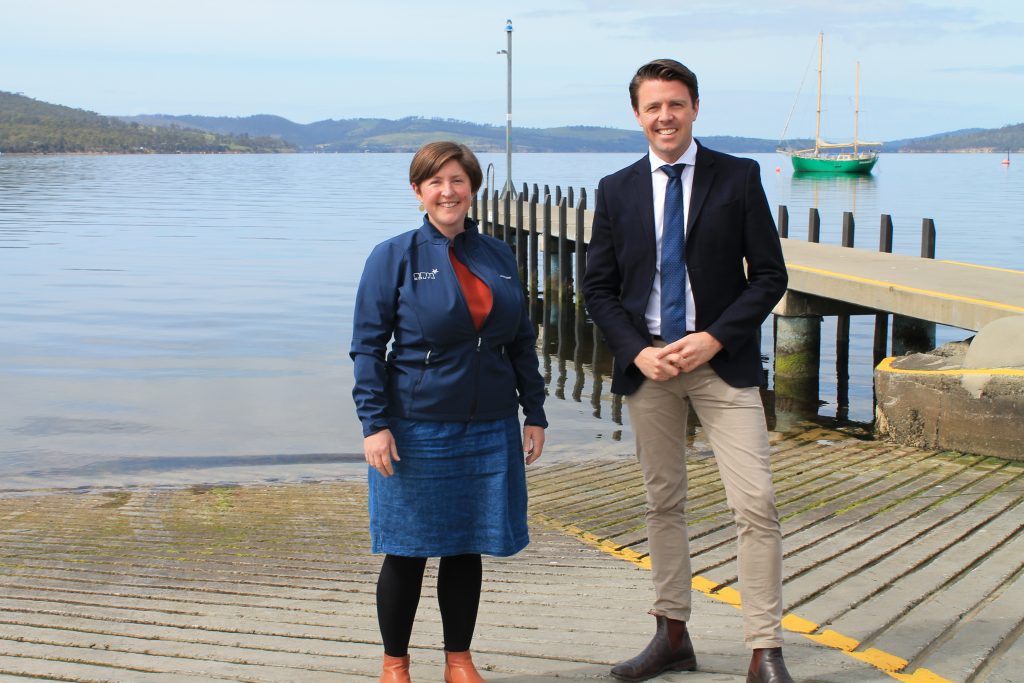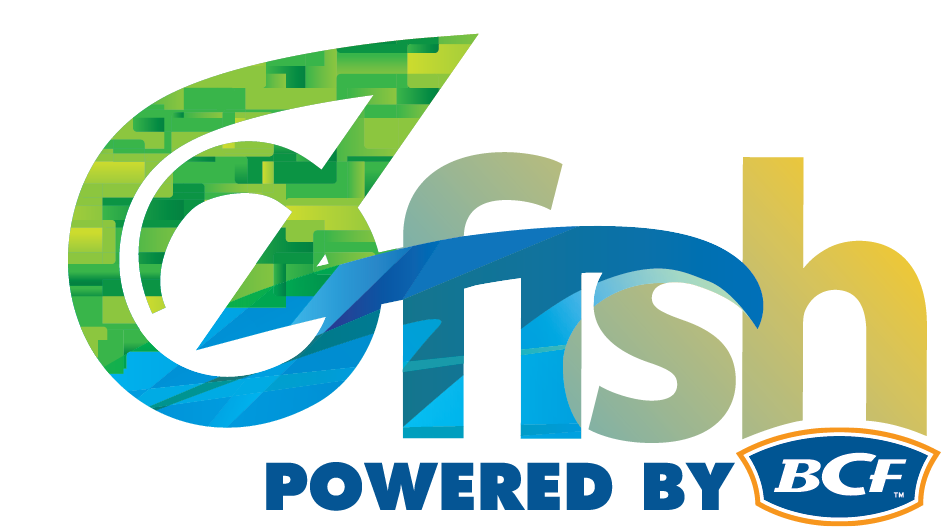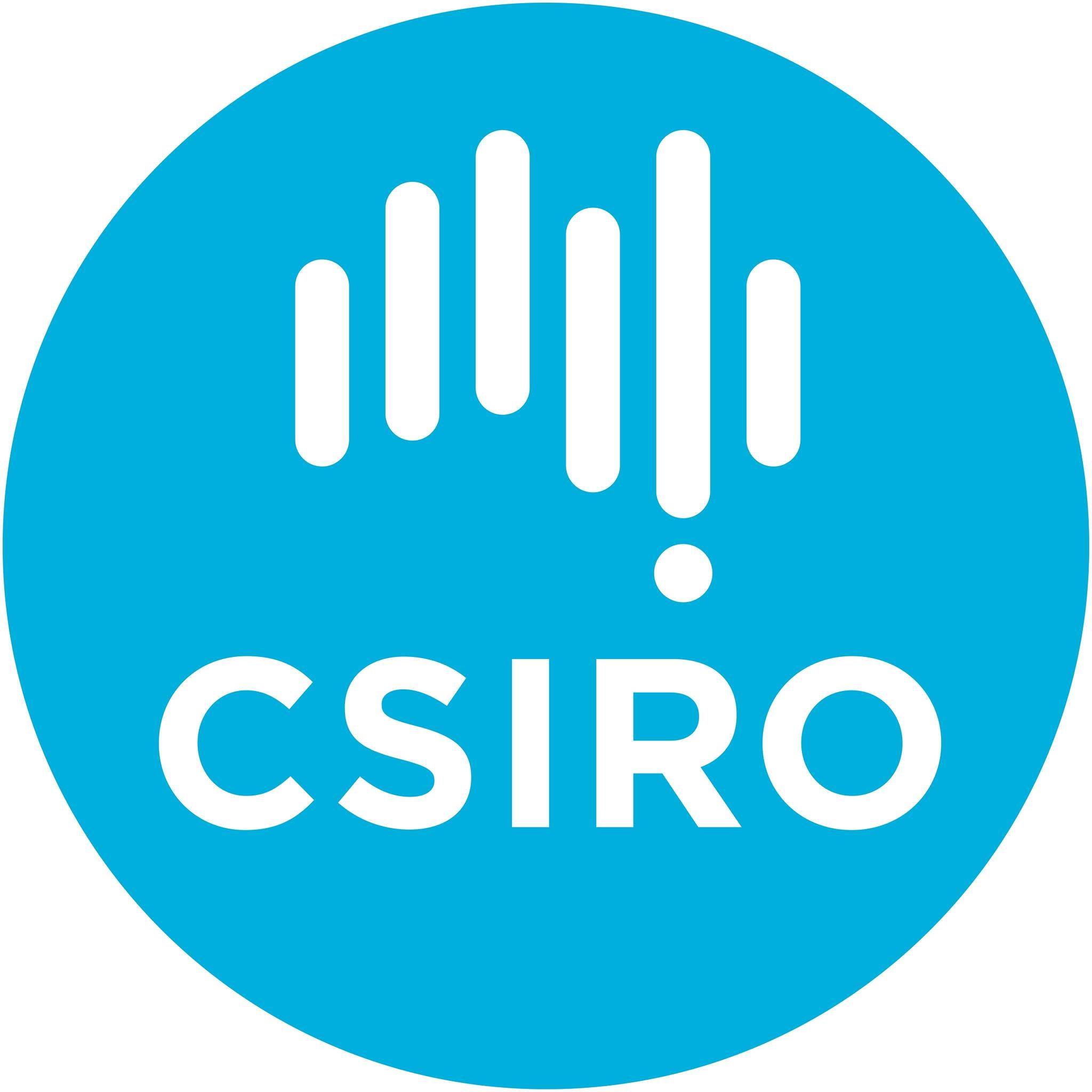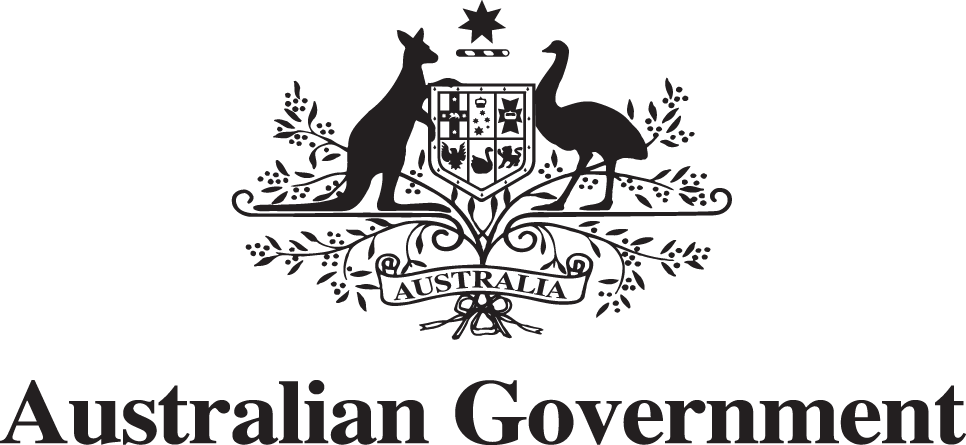Seagrass Restoration in North West Bay
North West Bay is a popular recreational fishing area that is home to important seagrass communities. Seagrass is nursery habitat for fish and squid, and can be damaged by traditional chain mooring systems, which scour the seabed. This project engaged recreational fishers to adopt and advocate for a transition to Environmentally Friendly Moorings.
NRM South worked with partners to install Environmentally Friendly Moorings (EFMs) in North West Bay, and monitored changes in the seagrass communities. These moorings are effective in restoring seagrass habitat, and over the last few years the CSIRO has developed solutions to make it easier and cheaper to install them. It is hoped that as a result of this project, EFMs will become more widely used across the region.
Our Approach
Working in partnership with the CSIRO, OzFish Unlimited and the Kingborough Council, this project addressed the following issues;
- Chain moorings scour seagrass communities, reducing their extent and creating patchiness in the habitat that can destabilise entire meadows. This can result in catastrophic collapse of meadows during extreme weather events;
- Chain moorings erode sediment and remove valuable fish nursery habitat;
- The demand for new moorings is increasing at a rate of 3-4% per annum;
- Chain moorings exclude fish species from habitat by direct mechanical disturbance and, at larger scales, through increased noise and;
- Extraction of fish stocks through recreational fishing;
PROJECT PILLARS EFMS
Background
Traditional swing moorings damage the seabed and seagrass, leaving patches which disrupt habitat connectivity, erode sediment and damage valuable fish nursery habitat. Seagrass communities are important nursery habitat for fish and squid, and can be damaged by traditional chain mooring systems, which scour the seabed.
North West Bay is a popular and important recreational fishing area and this project engaged recreational fishers to adopt and advocate for a transition to EFMs and participate in State-based planning. It built the capacity of recreational fishers to educate their community about the value of seagrass habitat. Recreational fishers helped to measure the impact of transition to EFMs by participating in monitoring activities, including gathering underwater footage for fauna surveys and seagrass extent, for use by scientists.
Skills and knowledge surveys
To inform the Environmentally friendly moorings for fish habitat restoration of seagrasses in North West Bay, Tasmania project, project partner CSIRO conducted a skills and knowledge survey in mid-2021. The surveys were to determine community perceptions of moorings and identify drivers and barriers to uptake.
The survey was distributed directly to 3,500 randomly-selected mooring lease holders via email or post and shared digitally on the Marine and Safety Tasmania (MAST) Facebook page for community response, including recreational fishers.
The objective of the survey was to gain baseline data on mooring lease holder, community and recreational fisher understanding of and view towards environmentally friendly moorings in Tasmania.
The focus of the survey was on the familiarity, perspectives, and price sensitivity of Tasmanian mooring lease holders towards environmentally friendly moorings. The survey did not focus on any specific area or environmentally sensitive habitat.
A key finding was that Tasmanian mooring lease holders tend to be over 50 years old, male, and motivated by safety. Mooring lease holders indicated an awareness of and concern for the impacts chain moorings have on habitat, but want to know that EFMs will keep their boats secure in all weather.
Dive surveys
Flora and fauna surveys are undertaken by CSIRO divers. Baseline surveys were completed in winter 2022, prior to the installation of EFMs.
“In many ways the diving is like cave diving, with the need to minimise disturbing silt and reducing visibility. This includes stowing gear, so nothing touches the bottom, negatively buoyant horizontal attitudes and changing from paddle kicks to gentle and high frog kicks. The diving is also cold water and most divers choose to use dry suits.” – June 2021 report from CSIRO
Project Achievements
- In winter 2022, 11 EFMs were installed, allowing 1.1 ha of seagrass habitat to begin recovery from damage incurred by chain moorings.
- Baseline flora and fauna monitoring was undertaken by CSIRO divers, and follow-up surveys are due to finish in June 2023.
- Since installation, EFMs are checked quarterly for wear and tear, and adjustments made where necessary e.g. attaching additional floats to ensure the mooring is not dragging on the seafloor, or replacing sacrificial anodes.
Project Achievements
11 EFMs installed
Baseline flora and fauna data collection
1 x skills and knowledge survey
Regular community events
What's Next
Another post-restoration dive survey will occur in early 2024, and it is expected these will record the first signs of environmental recovery since EFM installation.
